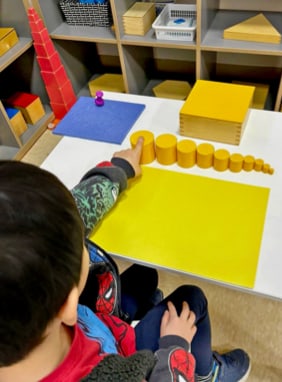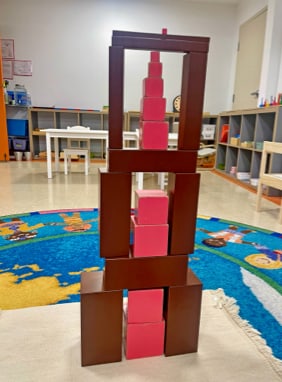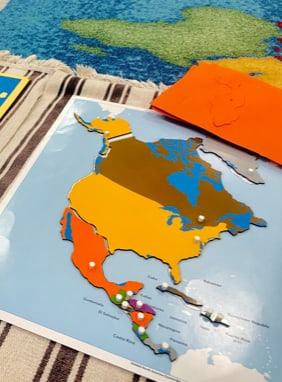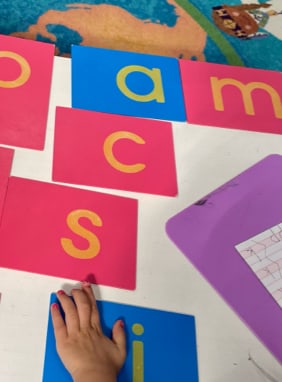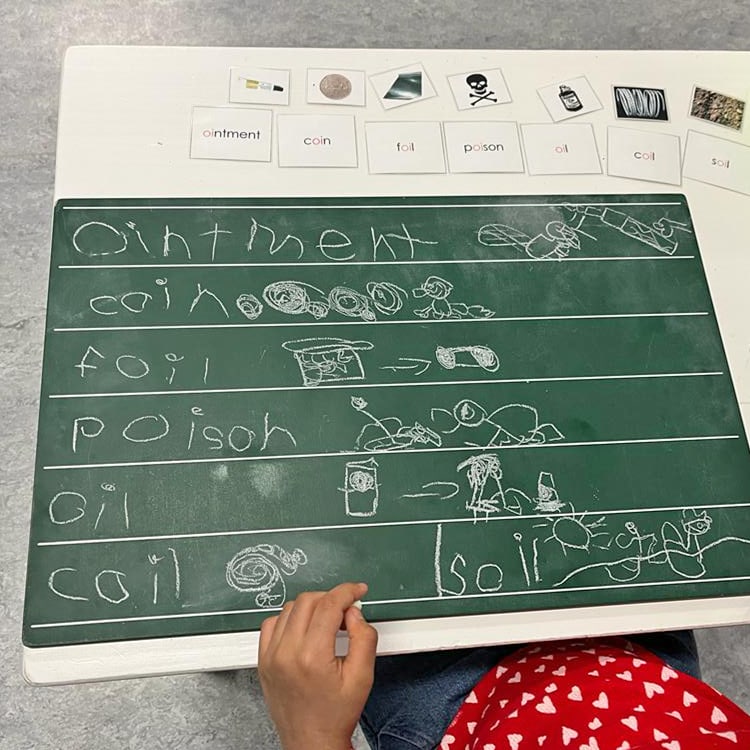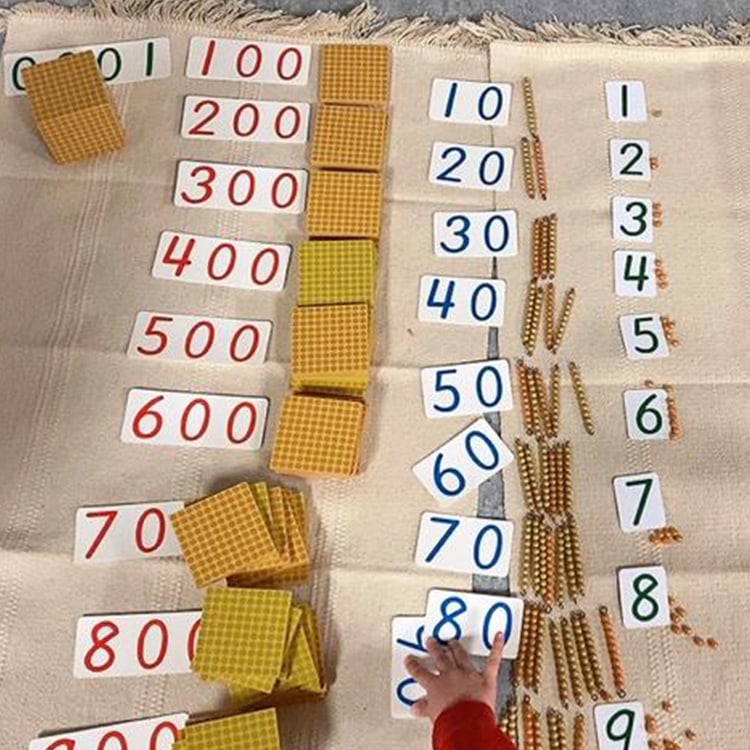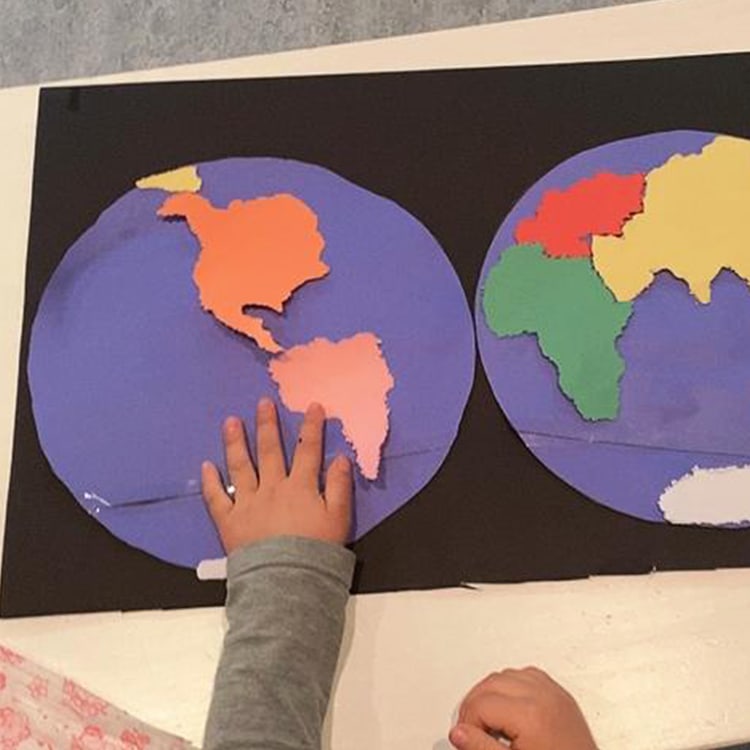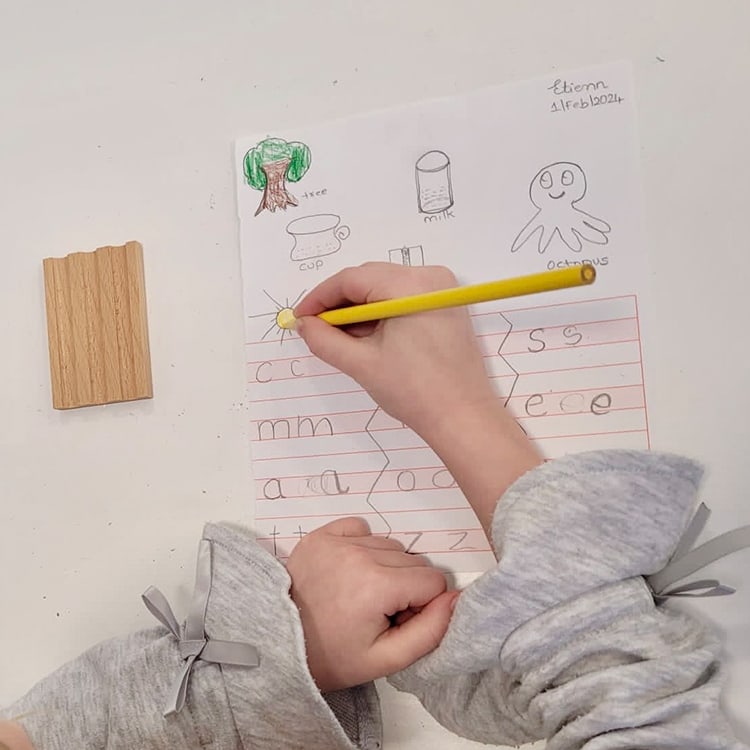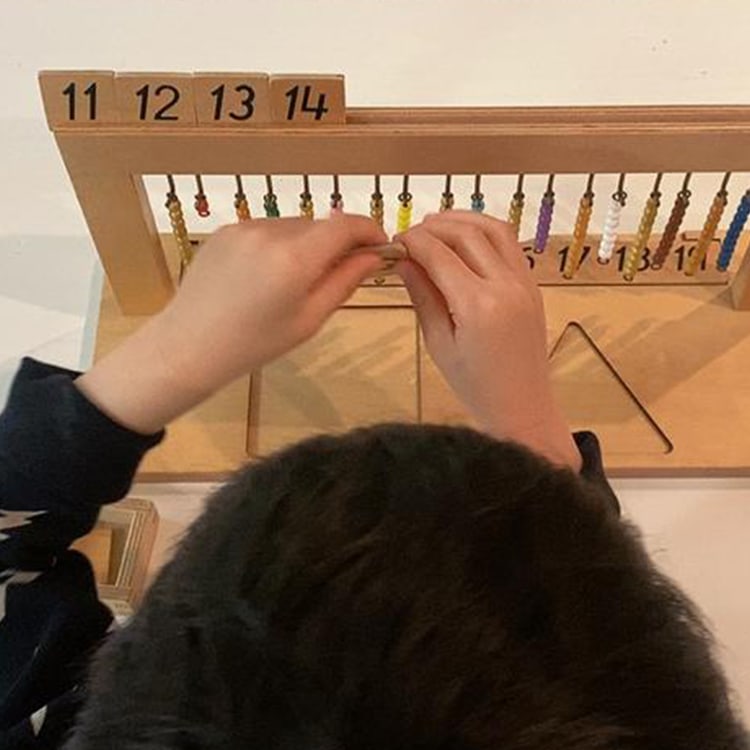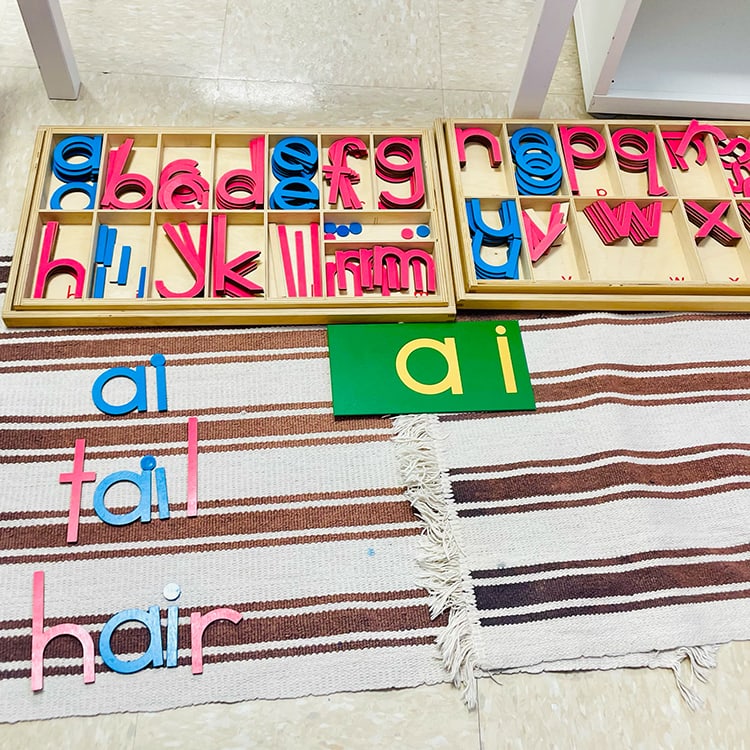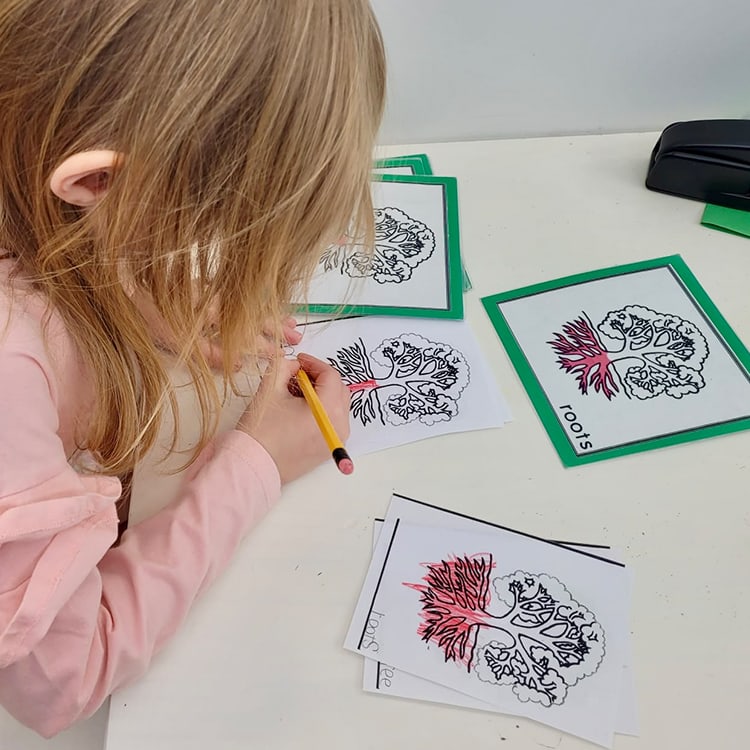The sight of a child deeply engaged in play is both heartwarming and reassuring to any parent or caregiver. After all, play is central to a toddler’s world, shaping their cognitive, social, and emotional development. Yet, for many parents, the reality is quite the opposite: they stand witness to a child more interested in the box the toy came in than the toy itself.
If you are a parent concerned about your toddler’s disinterest in their playthings, fret not—you are not alone. There are various reasons why toddlers might not be playing with their toys, and by paying attention to these factors, you can encourage a joyful, explorative play space that fosters healthy development.
The primary reasons children may not be playing with their toys are:
- Lack of interest
- Development factors
- Environmental factors
- Emotional factors
- Parent involvement
We can help you decode the mystery of toy disinterest and provide practical tips to rekindle your toddler’s natural urge to play through Montessori parenting.
The Crucial Role of Play in Early Childhood
For young children, play is not merely a pastime—it is the work of childhood. Through play, toddlers learn about their world, develop crucial motor skills, and begin to piece together the complex puzzle of human interaction.
1. Lack of Interest: Navigating the Playground of Stimuli
Age Appropriateness
One of the simplest yet most overlooked reasons for toy neglect is age-appropriateness. A toy too advanced for your toddler’s age might be too complex to hold their attention or lead to frustration.
Overstimulation
In our modern world, toys are often designed to be loud, bright, and engaging—sometimes to the point of sensory overload. Your child may be turning away from their toys not out of disinterest but as a natural response to too much stimulation.
Limited Variety
Another potential cause for disinterest could be a need for more variety in the types of toys available. Children thrive on new experiences and challenges, and a steady rotation of toys can keep their playtime fresh and engaging.
2. Developmental Factors
Fine Motor Skills
Toddlers are in a period of rapid change, and often, their fine motor skills are still developing. This could mean that many of their toys—designed for precision and control—simply pose a bit of a challenge.
Cognitive Abilities
Cognitive leaps happen at different paces for each child. A particular toy may not yet align with your toddler’s emerging cognitive abilities or interests.
Language Development
Play and language development are intricately linked. If your toddler is more interested in exploring their newfound ability to communicate, they may temporarily shelve the toys to interact with you and others.
3. Environmental Factors: Setting the Stage for Success
Distractions
In our multitasking-centric lives, it can be easy for toddlers to get caught up in the distractions of the day. Find a quiet, focused play area to help nurture their concentration.
Cluttered Space
A cluttered play environment can be overwhelming for toddlers. Simplify and tailor the space to their needs, and they may gravitate toward their toys more.
Lack of Routine
Toddlers thrive on routine and predictability. If playtime is squeezed in among a slew of other activities, the lack of structure may impede their willingness to engage.
4. Emotional Factors: The Heart of Play
Anxiety or Stress
Even very young children can experience moments of anxiety or stress. Such feelings might lead them to seek comfort and reassurance from familiar items or behaviours rather than novel toys.
Lack of Emotional Connection
Toys, like books, can sometimes take time to “grow on” a child. Encourage your toddler to form bonds with their toys by talking about them, incorporating them into daily routines, and being present during playtime.
Unmet Needs
A hungry, uncomfortable, or tired toddler may not play. Basic needs take precedence and can cause a lack of interest in toys until they are resolved.
5. Parental Involvement: Balancing the Scales of Play
Lack of Modeling
Young children learn through observation. Make sure your child sees you engaging with objects in a play-like manner to foster their creativity and curiosity.
Over-Involvement
On the flip side, too much parental involvement can stifle a child’s independent play. Be present but not overbearing, and allow them the space for their imagination to run wild.
Limited Playtime
In our busy lives, it can be tempting to limit playtime to fit into a neatly scheduled day. However, for toddlers, play should be as essential as mealtime or sleep. Make sure that they have ample time and a suitable environment to play.
Nurturing the Innate Desire to Explore
Understanding why your toddler might not be playing with their toys is the first step to nurturing their development. By addressing these factors, you create an environment where the world of play is inviting, exciting, and filled with limitless exploration.
Do not be disheartened by toy disinterest. Instead, view it as an opportunity to learn more about your child’s needs and interests. As you fine-tune their play environment and engage with them on their terms, you not only enhance their play experiences but also deepen your connection with them.
Remember, the value of play during the early years cannot be overstated. Your efforts to understand and encourage it are investments in your child’s future.If you believe Montessori programs may be suitable for your children, contact and visit us at Mosaic Montessori Academy in Parkdale.







